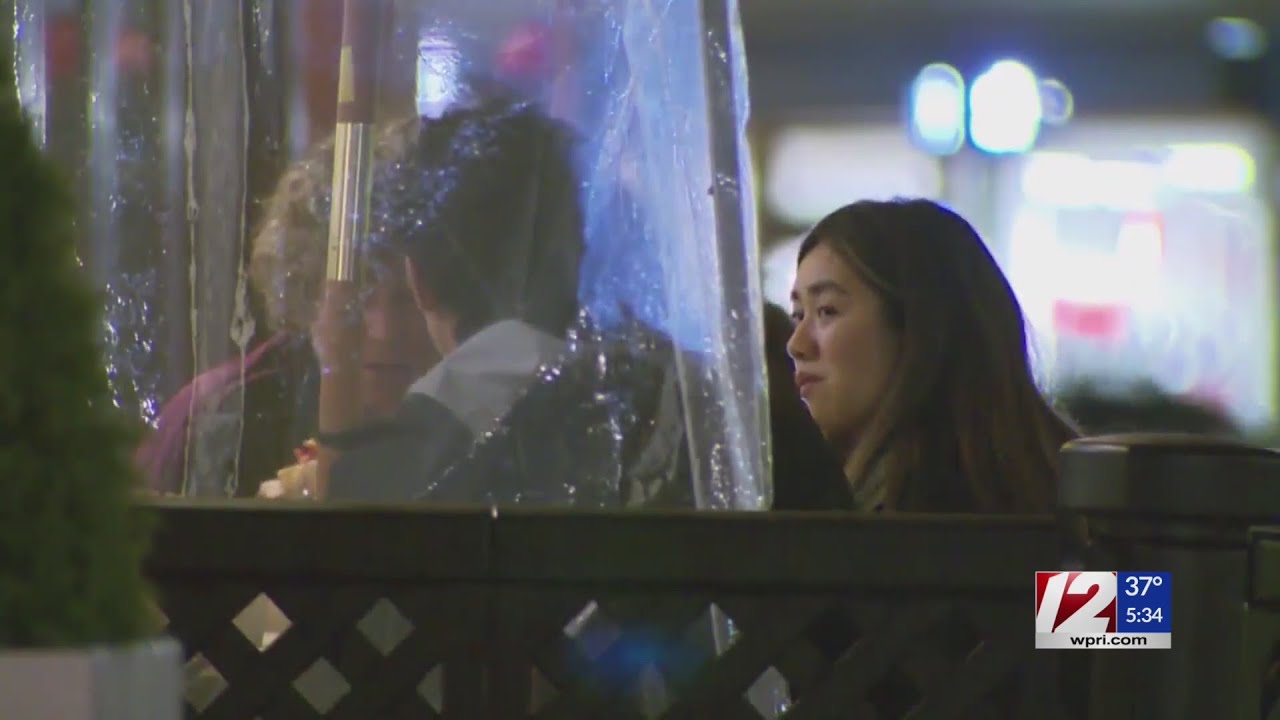Introduction: Rhode Island’s Curfew Laws
Rhode Island, a small state located in the New England region of the United States, has implemented curfew laws that regulate the activities of minors during specific hours. These laws are designed to maintain public safety, reduce juvenile crime rates, and protect young individuals from potential harm. By imposing restrictions on minors’ movements, Rhode Island aims to ensure their well-being and discourage activities that may lead to criminal behavior. This article explores the details of Rhode Island’s curfew laws, their purpose, age restrictions, exceptions, penalties, community response, and potential implications.
Understanding Curfew: Definition and Purpose
A curfew is a legal restriction that limits certain individuals, usually minors, from being in public places or engaging in specific activities during designated hours. Curfew laws are widely implemented across the United States as a preventative measure to reduce juvenile crime rates, promote safety, and protect young individuals from potential dangers. By imposing a curfew, authorities aim to maintain order, curtail vandalism, discourage gang activities, and minimize the likelihood of young individuals becoming victims or perpetrators of crimes.
Does Rhode Island Impose a Curfew for Minors?
Yes, Rhode Island does impose a curfew for minors. The state recognizes the importance of protecting young individuals and has implemented curfew laws to regulate their activities. It is illegal for minors to be in public places during the designated curfew hours unless they meet specific exceptions. These laws are in place to ensure the well-being and safety of minors within the state.
The Age Restrictions for Rhode Island’s Curfew
Rhode Island’s curfew laws apply to individuals under the age of 18. Minors are prohibited from being in public places during specific hours unless they are accompanied by a parent, guardian, or responsible adult. The age restrictions aim to prevent young individuals from engaging in activities that may pose a risk to their safety or expose them to potential harm.
Exceptions to Rhode Island’s Curfew Laws
Rhode Island’s curfew laws allow for certain exceptions to accommodate legitimate activities and circumstances. Minors may be exempt from curfew restrictions if they are attending religious, educational, or cultural events, or if they are traveling to or from work. Additionally, if a minor is accompanied by a parent, guardian, or responsible adult, they may be exempted from curfew regulations. These exceptions ensure that necessary activities are not hindered by the curfew laws.
Enforcing the Curfew: Penalties and Consequences
Rhode Island’s curfew laws are enforced by law enforcement agencies. Minors found in violation of the curfew may face penalties and consequences, which can include warnings, fines, community service, or referrals to juvenile court. Repeat offenders may face more severe consequences, such as probation or mandatory counseling. The enforcement of curfew laws sends a clear message that violations will not be tolerated, ultimately deterring potential criminal activities.
Curfew and Safety: Rhode Island’s Justification
Rhode Island justifies its curfew laws by emphasizing the importance of safety and well-being for minors. The state recognizes that young individuals may be more vulnerable to becoming victims of crime or engaging in criminal behavior during late-night hours. By implementing curfews, Rhode Island aims to reduce these risks and protect minors from potential harm. The curfew laws also provide parents and guardians with a tool to monitor and ensure the safety of their children.
Community Response to Rhode Island’s Curfew Laws
The response from the Rhode Island community to the curfew laws has been mixed. Some individuals argue that curfews infringe upon young individuals’ rights and restrict their freedom to engage in certain activities. Others support the curfew laws, viewing them as necessary measures to ensure public safety and deter criminal behavior. The community response often varies based on personal experiences, beliefs, and perceptions of the curfew’s effectiveness in reducing crime rates and protecting minors.
Curfew Effects: Positive and Negative Implications
Rhode Island’s curfew laws have both positive and negative implications. On the positive side, curfews can contribute to reduced crime rates, promote safer communities, and protect minors from potential dangers during late-night hours. By limiting minors’ activities during curfew hours, the laws provide an opportunity for parents, guardians, and responsible adults to monitor and guide their behavior. However, some argue that curfews may have negative effects, such as limiting minors’ opportunities for socialization, impeding educational or work-related activities, and potentially leading to resentment or rebellion.
Comparing Rhode Island’s Curfew to Other States
When comparing Rhode Island’s curfew laws to those of other states, it becomes evident that curfew regulations vary significantly. Some states have more lenient curfew laws with fewer restrictions, while others have stricter curfews or do not have curfew laws at all. The variations stem from different approaches to public safety, crime prevention strategies, and cultural factors. It is essential to consider these differences when evaluating the effectiveness of Rhode Island’s curfew laws and their impact on the community.
Proposed Changes to Rhode Island’s Curfew Legislation
As with any legislation, Rhode Island’s curfew laws have faced discussions and proposals for potential changes. Some individuals advocate for revisiting the age restrictions, exceptions, and penalties associated with the curfew. Proposed changes may include adjusting curfew hours, expanding exemptions, or reevaluating the consequences for violations. These discussions aim to strike a balance between public safety concerns and respecting the rights and freedoms of minors.
Conclusion: Evaluating Rhode Island’s Curfew Policy
Rhode Island’s curfew laws play a significant role in ensuring the safety and well-being of minors within the state. While the laws have garnered mixed community responses, they serve as a preventive measure against juvenile crime and potential harm. By imposing age restrictions, allowing for exceptions, and enforcing penalties, Rhode Island aims to strike a balance between public safety and respecting the rights of minors. As discussions continue regarding potential changes to curfew legislation, evaluating the effectiveness and implications of Rhode Island’s curfew policy remains crucial.




